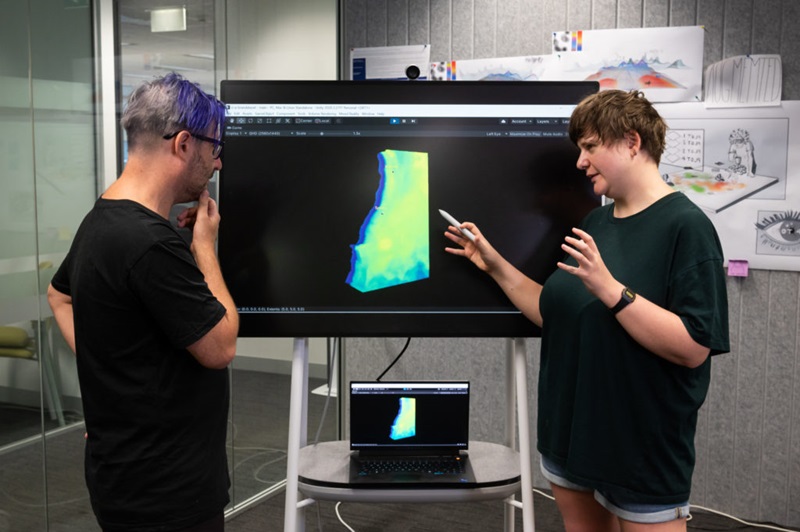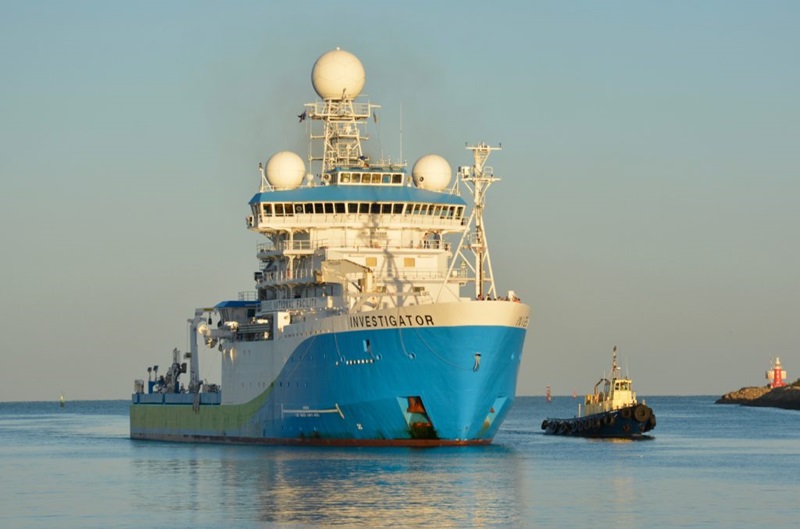
Voyage of discovery to the East Antarctic margin
Commonwealth Scientific and Industrial Research Organisation (CSIRO) Oceans and Atmosphere
Published: 25 January 2023
RV Investigator scientists are mapping seafloor, sampling sediments, and collecting seawater off Cape Darnley, Antarctica, to study Antarctic bottom water, past climate, and seafloor ecosystems, informing climate models and marine protection.

Seeing the sea in 4D with Ocean Explorer
Commonwealth Scientific and Industrial Research Organisation (CSIRO) Oceans and Atmosphere
Published: 13 January 2023
CSIRO’s Ocean Explorer lets scientists explore multidimensional ocean data in VR or on desktop, improving understanding of currents, temperature, and climate impacts, and helping decision-makers make informed choices about ocean use.

our people keep things running over the break
Commonwealth Scientific and Industrial Research Organisation (CSIRO) Oceans and Atmosphere
Published: 15 December 2022
Over Christmas, CSIRO teams keep science running: RV Investigator undergoes maintenance, microalgae are cared for, disease labs stay alert, and radio telescopes track stars—and maybe Santa.

